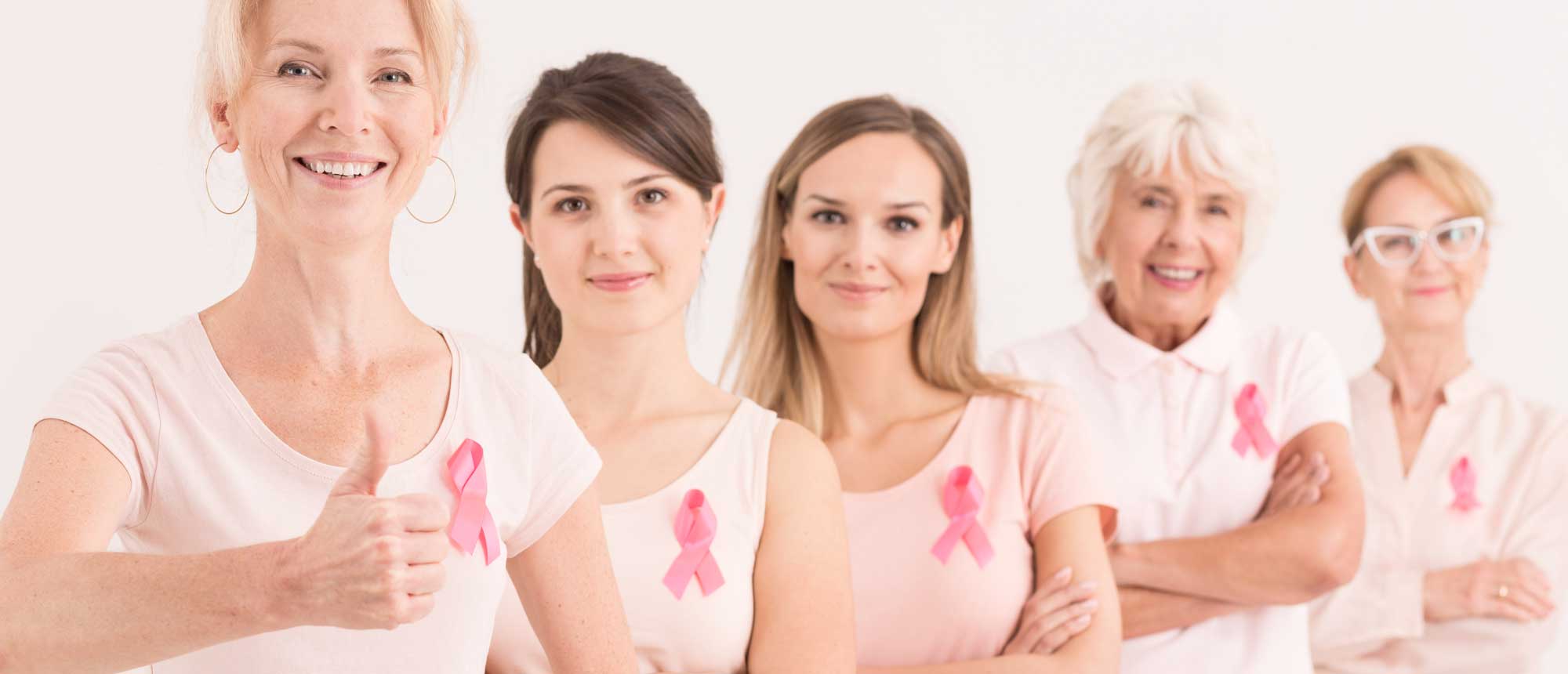27 Oct Our Staff & Loved Ones Share Their Cancer Survivors’ Tips
1 in 8 women in the US will develop Breast Cancer in their lifetime.
We understand awareness is the first step.
Improvements in early detection and treatment have led to a 39 percent decline in breast cancer deaths in the US between 1989 – 2015.
During Breast Cancer Awareness Month we are supporting women undergoing treatment and celebrating survivors. In this very special blog post, our cancer survivor staff and loved ones share their tips, in hopes of making it easier for women currently undergoing treatment.
Catherine Lanza, Care Advisor – HomeCare of the Rockies
When were you diagnosed and how long have you been cancer-free?
I was diagnosed in 2009. I have been cancer free since.
My journey was devastating – no one wants that news that they have cancer. But I was confident in Memorial Sloan Kettering and my doctors. A nurse caring for me at that time inspired me to become a nurse, and I went to nursing school in 2010. For women receiving treatment, take care of yourself first, and have a positive outlook
Your tip for women currently receiving treatment:
Call on your friends and family for support. They will want to help! I am very lucky – it has changed my life.
Claire Montgomery, Directory of Operations – Accountable Aging Care Management and her Mom, Becky Montgomery
When were you diagnosed and how long have you been cancer-free?
Becky: I was diagnosed in September, 1994 and have been cancer-free for 26 years, since March, 1995
My journey with cancer has made me aware of being extra cautious and I have regular 3D mammograms and chest x-rays. Since I have the BRCA Genetic Marker I made the decision to have my ovaries removed as a preventative measure.
Daughter Claire is considered a “previvor” with the BRCA genetic predisposition. “Due to my high risk, I closely monitor with MRIs and 3D mammograms every six months and am considering recommended preventative procedures.”
Your tip for women currently receiving treatment?
For those women receiving treatment right now, my advice would be to avoid stress as much as possible and trust that your therapy is going to do the work.
Every time I have the opportunity to share my story I willingly do so. I even spoke to a group of nurses in training at ACC and told them how their positive attitude toward the person with cancer can mean so much. Cancer treatment has come a very long way but caring person-to-person contact is still very important.
Family Tree In-Home Care was actually inspired by and created from founder, Alex Bonetti’s, experience with his grandmother’s struggles with Alzheimer’s disease and from helping care for his mom during her cancer treatment. Alex’s mom shares her experience:
When were you diagnosed and how long have you been cancer-free?
I was diagnosed September 28, 2008 and have been cancer-free for 13 years.
I was diagnosed with very early stage breast cancer. Because I have the BRAC I gene, the likelihood of recurrence was 85%. So, we decided to do a double mastectomy to significantly diminish the chances of a recurrence of the cancer. I underwent chemotherapy for several months followed by reconstruction surgery.
Your tip for women currently receiving treatment?
Fight for survival, be hopeful and have faith. Read about and implement actions to improve your outcome with natural “therapies” – diet, exercise, environment. Engage the support of your family and friends and, most of all, keep a POSITIVE MENTAL ATTITUDE (PMA). My mom, she fought cancer for 17 years, outliving all the prognosis’ stated by her doctors. She claimed that it was the PMA that kept her alive for all those years. I agree. Stop thinking about your prognosis and live your life.
I’m ecstatic that I am cancer-free 13 years after my diagnosis. I credit the aggressiveness of my doctors, the support of my family and my PMA. I recommend knowing ones propensity for cancer and being pro-active with your health decisions. Usually, there is much you can do to prevent the onset of cancer but, sometimes genetics win. See your doctor regularly and be aware of “markers”. Early detection goes a long way to improving your likelihood of survival.
We have more resources this month on Breast Cancer Awareness:
- 7 Common Signs of Breast Cancer in Seniors
- Cancer Treatment: 11 Essential Tips On Caring For A Loved One
- Why Hiring a Professional Caregiver During Cancer Treatment May be Easier than You Think
Find ways you can join us in taking action together at: https://www.nationalbreastcancer.org/breast-cancer-support



